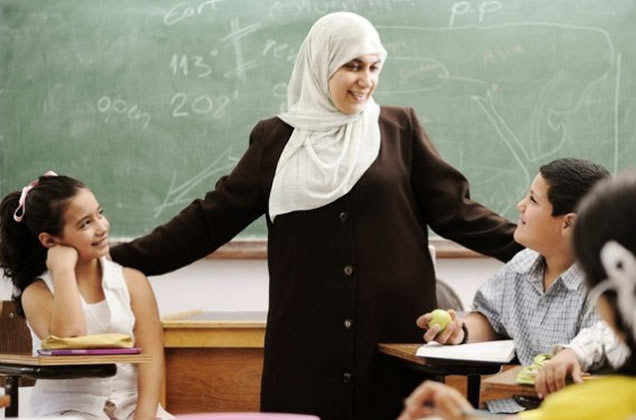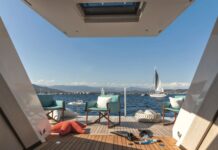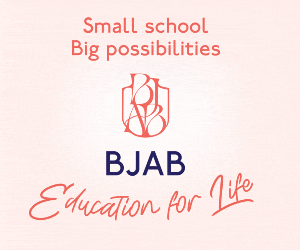Brussels residents are unhappy about a lack of space, a two-tier education and are struggling to cope with a demographic boom. Between 1996 and 2012, Brussels has seen its population swell by 19% (from 951,580 to 1,132,781 inhabitants). According to projections by Ibsa between 2009 and 2019 the number of children enrolled will have increased by 18% (9,321) at kindergarten level, 26% (20,669) at primary level and 17% (12,507) in secondary. Between 2010 and 2020, 9,500 places will be made in kindergarten (475 classes of 20 students), 20,000 for primary (870 classes of 23 students) and 12,500 places in secondary schools.
“Anticipation of population growth was clearly deficient, especially from the Communities who are in charge of the coordination of education, including the funding of the infrastructure,” claims a report by three researchers – Benjamin Wayens (Université St-Louis and ULB), Rudi Janssens (VUB) and Joost Vaesen (VUB).
It goes on to state: “If all these projects are implemented promptly (within two years) it is just enough to cover the needs for the start of school in 2015 or 2016, without having properly addressed the issue of secondary school places.”
Meanwhile in the north, De Standaard reported that the first ‘Moroccan school’ will be inaugurated in Borgerhout (Antwerp) in September, starting the school year with three kindergarten classes and one primary class. The small school, called Iqra (‘learn’ in Arabic), is for children in the region, especially those of Moroccan origin. “But everyone is welcome,” says Mohamed Chakkar, who initiated the project and is also a spokesperson and coordinator of the Federation of Moroccan associations. “We have already registered 70 pupils, and more than 80% of those enrolled are children of Moroccan origin. But some come from other parts of Africa, Afghanistan and Portugal.”
In September, the school will begin the school year with three kindergarten classes and one primary class. Three teachers, one of Moroccan origin, will provide classes in Dutch, but every culture and language will be respected. “There will be no prohibition on speaking any other language,” says Chakkar.
He said the school is necessary because the Flemish education has failed to reduce social inequalities.
Sources: La Libre Belgique, De Standaard







